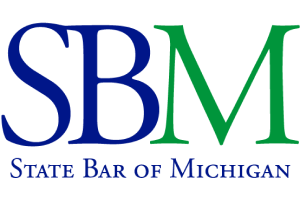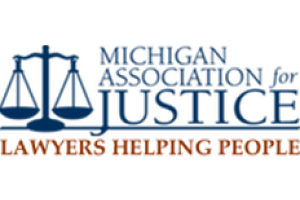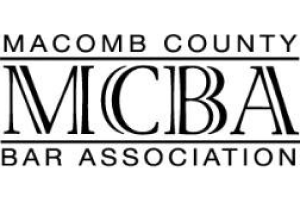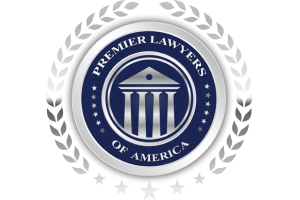- Free Consultation: (586) 264-3756 Tap Here to Call Us
Breaking Down an OWI/DUI Case
In many cases, a DUI/OWI offense will be your first real contact with the criminal legal system. Consequently, it’s easy to feel overwhelmed. In this article we’re going to take a look at the basic legal process you will be going through if arrested for a DUI/OWI offense in Michigan.
The journey begins at the time of arrest.
The arraignment will be your first appearance in court. At this time, the judge will formally read the charges against you and give you an opportunity to enter a plea. Typically people will plead ‘not guilty’ at this stage regardless of how they plan to proceed.
It is important to realize that you will not be going to a trial of any type during your arraignment. In many cases it will be largely a formality, and your lawyer may elect to file paperwork waiving the arraignment meaning you will not have to appear at the court.
During the arraignment, the judge will set a bond amount and impose bond conditions, such as imposing daily preliminary breath tests.
Discovery is a process in which both the prosecution and the defense are given the opportunity to understand all of the facts and evidence of the case. This process is usually not done in court, but rather through a series of communications between your lawyer and the prosecutor. During this phase, you will have an opportunity to written reports, video evidence, official test results and other evidence that apply to your case.
Once discovery is exchanged, the next step is typically a pre-trial conference between the defense lawyer and the prosecution. While this is often done at the court, it is not done before a judge or jury. This is basically an opportunity for both sides to discuss whether or not a plea agreement can be reached without the need for a trial. So, if you’re attempting to plea your case, this is when you’ll find out what plea the prosecutor will accept.
Following the conference, both the defense and the prosecution will appear before the judge for purposes of either resolving the case in the form of a plea or to set the matter for hearing on pre-trial motions and/or trial.
This is the last phase before your trial will begin. Basically, during this phase your attorney may submit written pleadings attempting to persuade the judge to dismiss the case or to suppress evidence. This can be a very complicated stage and usually requires a skilled lawyer to help navigate.
If no plea was reached and your attorney was unable to have the case dismissed, this is the next step. Typically you will have the opportunity to choose between a jury trial (which will be with six jurors, not twelve) or a bench trial (in which case there will be no jury and the judge will decide your case).
At the end of a trial, you will either be found ‘guilty’, in which case you will proceed to sentencing, or you will be found ‘not guilty’, in which case you’ll be free to go.











